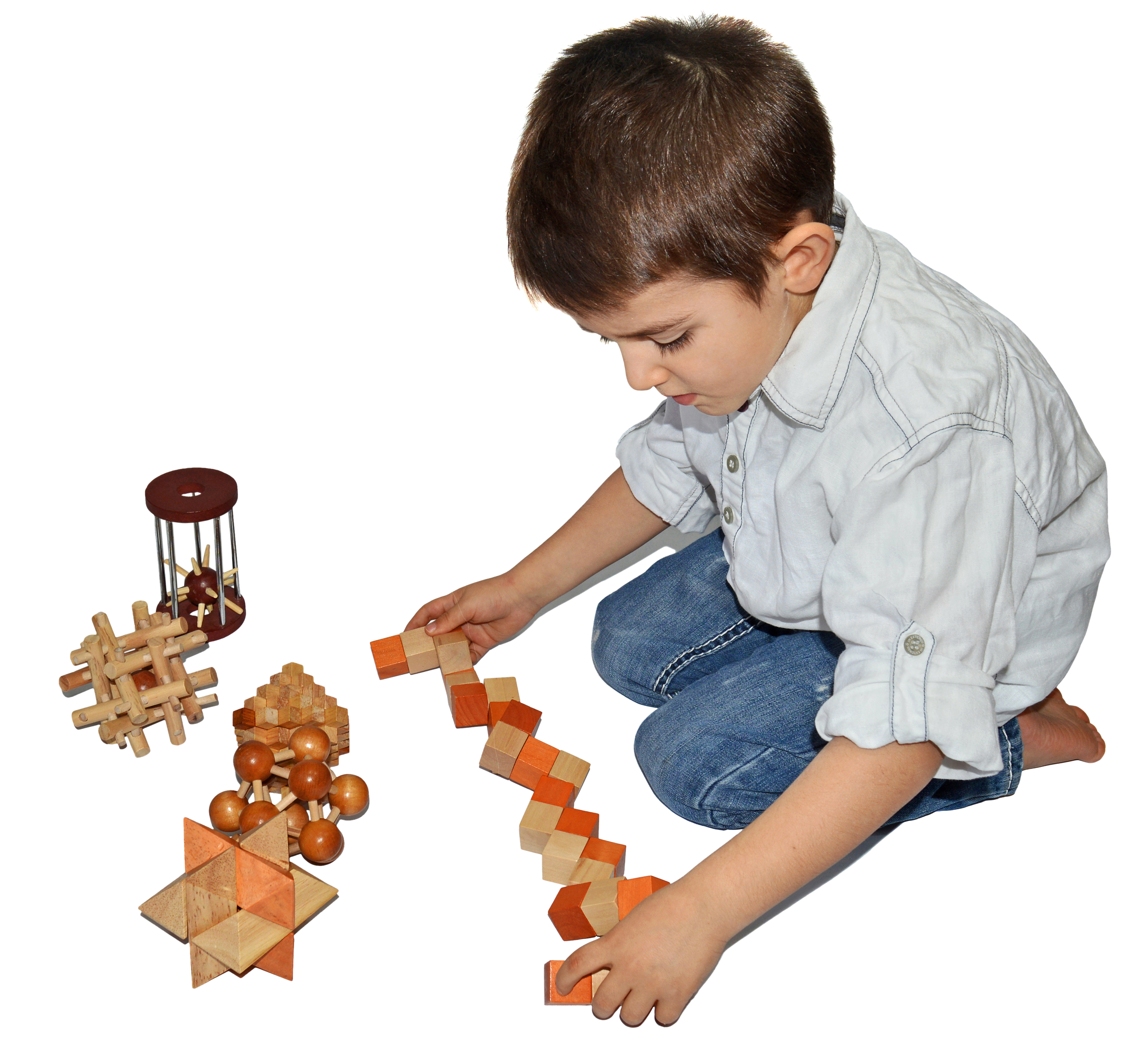Why not teach reading?
This has to be one of the most common questions asked to me. The answer is quite simple.
Research has shown that children who acquire reading skills at an early age did not have an added advantage in reading comprehension later in life. In fact, those who were late readers (e.g. those who started reading fluently at 7 or later), when compared to early readers who started reading at 4 or earlier, caught up and matched the reading abilities of their earlier-reading counterparts within a few years.
Some studies had even shown that late readers develop much better comprehension than early readers due to the focus on development in other areas;
“Because later starters at reading are still learning through play, language, and interactions with adults, their long-term learning is not disadvantaged. Instead, these activities prepare the soil well for later development of reading.” – Dr Sebastian Suggate, 2009.
However, we cannot ignore the fact that our education system expects the students to be able to read by the time they reach Primary 1. Most schools still practise examinations every 3 months although they use words like “mini-quiz” and “review test” instead of the stress-associated terms like “SA1 Examinations” or “CA2 Test”. What’s worse is that parents are given the feedback during Parents-Teacher Meeting that their child is not performing, can’t read, can’t write etc. These all add to the stress that parents face, thus leading to them seeking help for their children to be able to read at an earlier stage.
Moreover, being able to read later in life doesn’t result in any disadvantage but focusing too much on reading when your child is still not ready will, on the flipside, turn them off from learning altogether.
This is precisely why I had focused my early childhood enrichment programs on enhancing the learning ability (ie. working memory, mental flexibility and inhibitory control), while infusing elements of phonemic awareness into the program as a secondary teaching objective rather than the primary. It is more important to gear the children with a heightened learning ability while developing their reading skills than forcing them to pick up an advanced skill and neglect their general learning ability, thus resulting in a delayed development.
To conclude, do not fret if your child is still not reading, carry on the stimulation of the mind and the training of the general learning ability to ensure that when they are ready to read, they can fly with the newly acquired skill.





 REMOVE ALL SCREEN TIME.
REMOVE ALL SCREEN TIME.